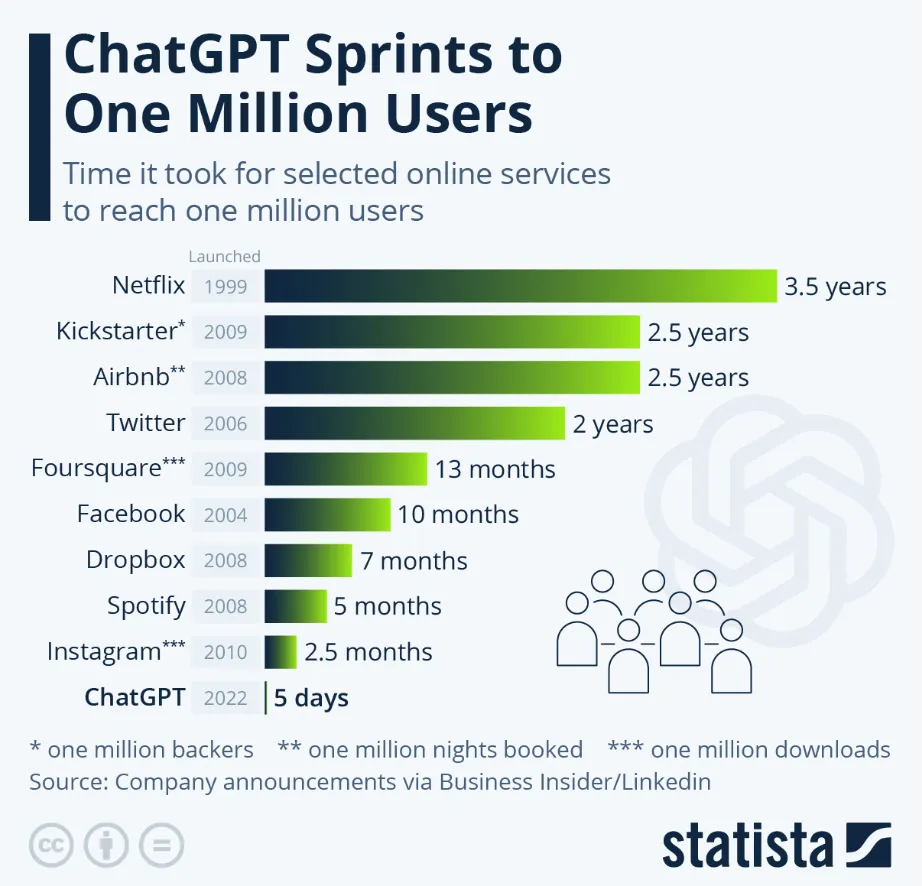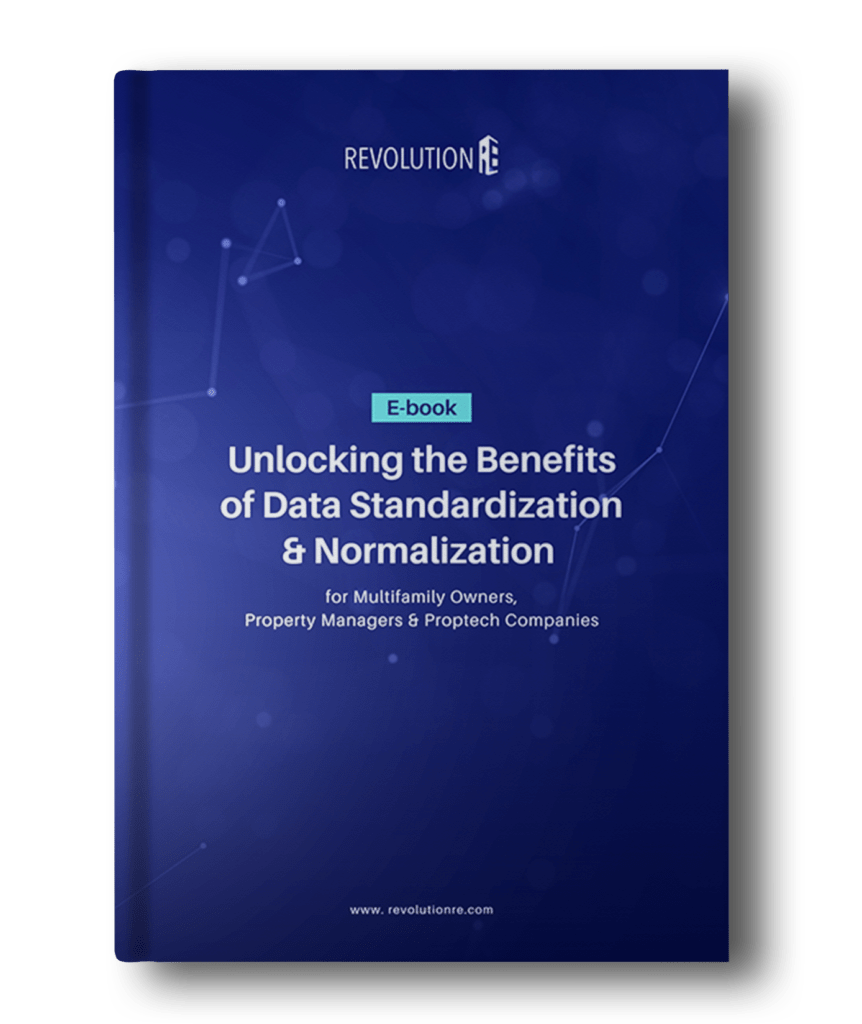Several years ago, a dear friend invited me to do a presentation on technology in real estate to a group from the national appraiser’s association. My friend, quite the jokester, stood on the podium and introduced me to the crowd by saying that my efforts in technology would eventually put them all out of business (crickets). And with that warm welcome, I was left to feebly crawl out of the hole I suddenly felt myself digging out of to try and explain what the heck he meant by that. I awkwardly stammered a bit, and finally spit out that technology’s role is not to replace humans, but to enhance their work by speeding up the more mundane tasks and making data more available to support and enhance things, such as an appraiser’s conclusions of value. As with most things that are technology related, I could not have imagined that years later we would come so far with certain aspects of technology (AI) and seemingly progressed so little with others (clean data for real estate).

With the lightning speed of adoption by ChatGPT, it’s not surprising that it is top of mind how such technology will impact our lives, and specifically the job market. For sure, some jobs — and maybe even some industries (payphones, gas stations, data centers) — will eventually be entirely erased by technology in the coming years; but new jobs and industries are being created as well. The unbelievably fast proliferation of ChatGPT and other AI-driven data models has been truly staggering.
As far as the impact on employment, The World Economic Forum predicts that AI will result in a net positive effect on overall employment [1]. For real estate professionals, the introduction of AI means greater opportunity to find new ways to embrace technology, learn new skills, and adapt to the changing landscape of the industry.
And as AI continues to develop and expand, there is of course a growing need for regulation to keep pace. This includes everything from protecting consumer privacy to ensuring AI systems are transparent and fair [2]. The speed at which government regulation is adopted will greatly influence whether the impact of AI on real estate and other industries will be positive [3][4][5][6][7].
Of critical importance for the real estate sector is the overall quality of the data used to train AI systems, which is crucial to their accuracy and effectiveness [8]. Real estate professionals need to be mindful of this fact when implementing AI-based solutions, it is truly “garbage in, garbage out.”. If the training model data is poor, the resulting AI system may deliver inaccurate or useless insights, often presented with tremendous confidence.
The fragmented nature of real estate markets means that the use of data offers significant opportunities for those willing to harness advanced technologies to bridge the gap [9][10]. By leveraging AI and other cutting-edge tools, real estate professionals can stay ahead of the curve and capitalize on these short-term opportunities.
Despite the increasing role of technology in the industry, real estate remains a business built on relationships [11]. It is important for professionals to maintain strong connections with clients, partners, and colleagues, ensuring that the human element is not lost in this period of digital transformation. This balance between technology and personal relationships will likely remain a key hallmark of the real estate industry for years to come.
So while AI and other emerging technologies are transforming the real estate landscape, they are not poised to replace us (i.e, “humans”) anytime soon. By embracing these innovations and finding ways to strike a balance between technology and personal relationships, real estate professionals can continue to thrive in a rapidly changing industry.
We invite you to subscribe to our newsletter for updates and industry news.
